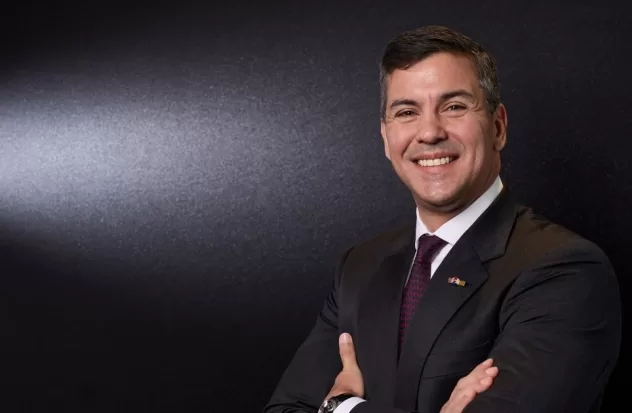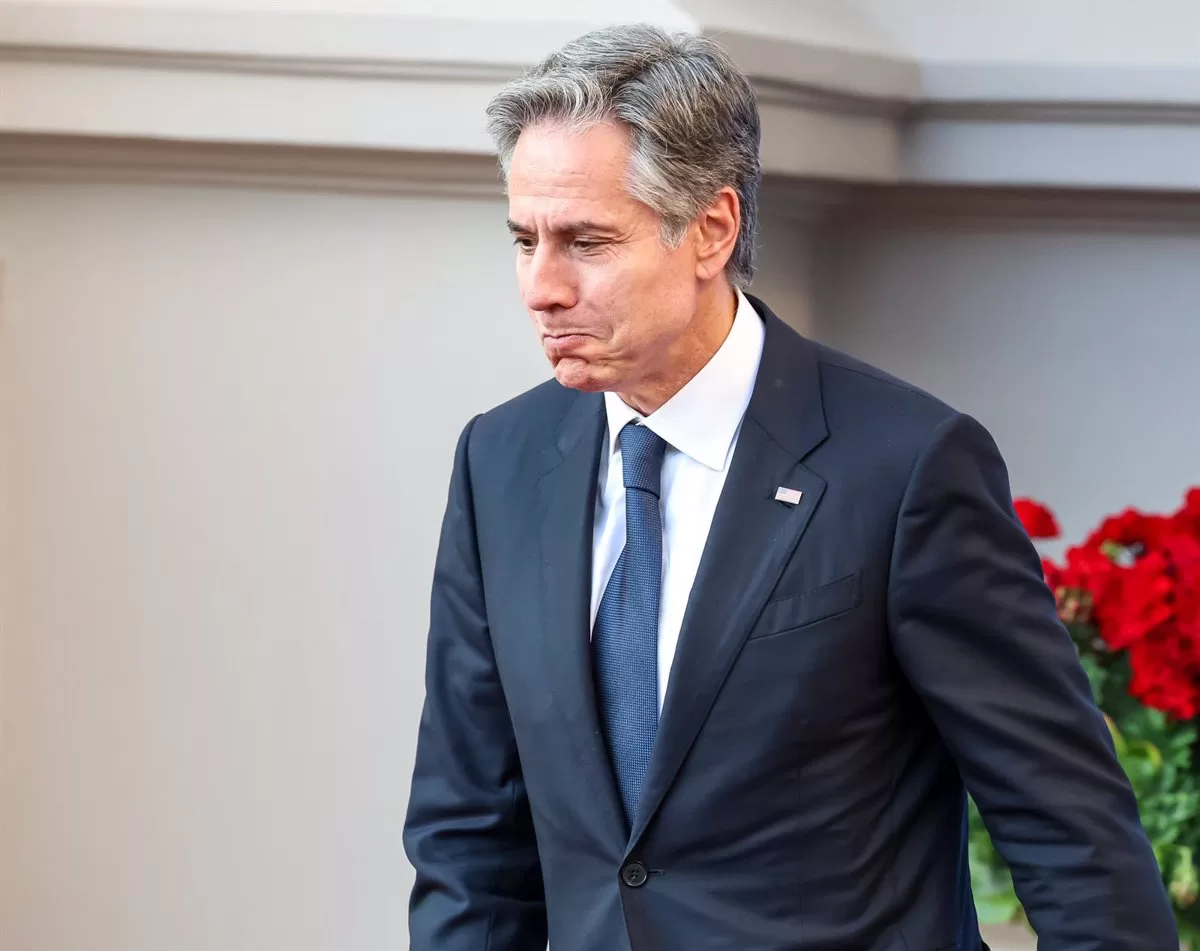MADRID.- The president of Paraguay, Santiago Penacame to Spain with a strong and clear message that redefines the traditional approach of visits by Latin American leaders to Europe, declaring upon their arrival with determination: “More than coming to ask, we come to offer.”
This declaration not only reflects a change in diplomatic rhetoric, but also a renewed vision of relations between Latin America and Europe. For Peña, Spain represents a strategic entry point to Europe, not only due to its geographical location, but also due to its historical, political, cultural and economic significance in the region.
During his visit, Peña underlined the importance of strengthening ties between Paraguay and Spain, highlighting the symbolic role of the Royal House in this relationship. His meeting with the king Felipe VI in Barcelona during the Mobile World Congress and his next meeting with the President of the Spanish Government, Pedro Sanchezare indicative of the mutual commitment of both nations to strengthen their bilateral relations.
Paraguay and the regional scope
Peña emphasized Paraguay’s potential as a relevant actor in the region, highlighting its political, institutional and economic stability. In addition to his ability to produce food for millions of people, the Paraguayan president highlighted the country’s crucial role in generating electrical energy, especially through renewable sources. This wealth of resources and opportunities makes Paraguay an attractive partner for foreign investment and international cooperation.
Regarding the internal challenges facing Paraguay, Peña recognized the importance of addressing insecurity, terrorism and drug trafficking with concrete measures, such as investment in equipment and technology to strengthen security forces. In addition, he reiterated the government’s commitment to the fight against corruption, underscoring the need to advance the fight against impunity and promote transparency in all State institutions.
Regarding former President Horacio Cartes, leader of the Colorado Party, Peña highlighted the constructive collaboration between the two, although he made it clear that Cartes has no direct influence on the administrative decisions of the current government. This statement seeks to dispel any perception of conflict of interest or undue influence on government management.
At the regional level, Peña highlighted the good relations with the president of Argentina, Javier Milei, and expressed his optimism regarding bilateral cooperation between both countries. Likewise, he addressed the situation in Venezuela, urging the Nicolás Maduro regime to guarantee transparent and participatory elections as a fundamental step towards reconciliation and stability in the country.
Mercosur-EU agreement will not see the light in 2024
Peña also addressed the status of the trade agreement between the European Union and the Mercosur countries. While he avoided declaring the pact “dead,” he acknowledged the need to manage expectations, admitting that the signing will not happen this year.
“I’m sure it’s not going to happen this year. I think we have to be very honest with ourselves,” Peña said. Likewise, he noted that, although the Mercosur countries are ready to move forward, the political conditions on the European Union side are not conducive, especially given the upcoming elections in June.
Despite the resistance of some European countries, Brussels insists that negotiations continue, although ideal conditions are not yet in place. Peña recognized the tensions and sensitivities in different European countries, especially in agricultural sectors concerned about competition with Mercosur producers.
The Paraguayan president highlighted the potential of the Mercosur countries in natural resources and geographical extension, noting that even the smallest country, Paraguay, has a significant territory. Furthermore, he emphasized the importance of market integration, although he recognized the need for political efforts to compensate the affected sectors.
Peña suggested the possibility of temporary subsidies in certain contexts and warned about the importance of opening up to regions of the world that can offer products at more competitive prices. Meanwhile, France and Ireland insist on clauses that guarantee equal conditions for European farmers against Mercosur imports.
Source: With information from Europa Press



